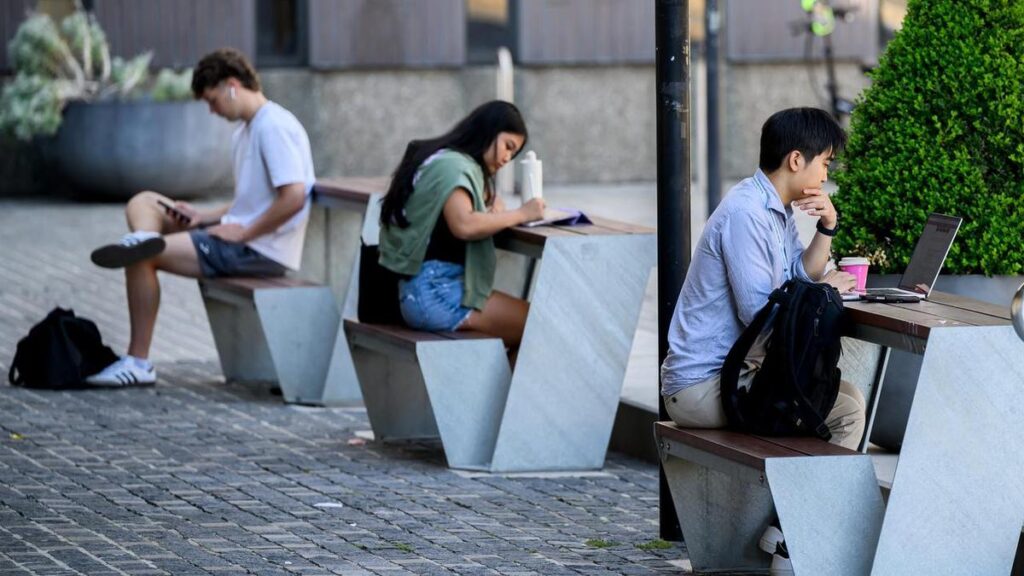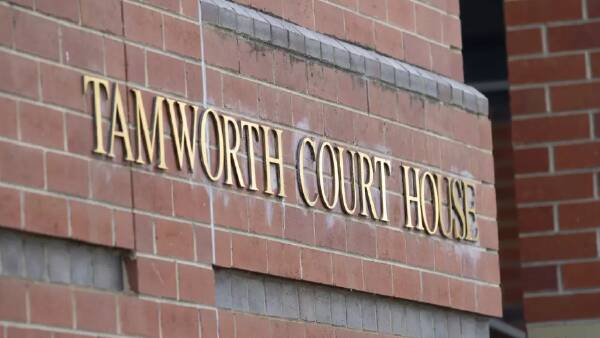
URGENT UPDATE: A leading Australian university official is demanding significant reforms to reduce student fees, addressing an “inherently unfair payment system.” Carolyn Evans, chair of Universities Australia, is set to deliver a crucial speech at the National Press Club on Wednesday, advocating for equitable funding for students who face steep tuition costs.
Currently, students in high-demand fields like business, law, and arts are charged up to $17,000 annually, while the government contributes only $1,300. In stark contrast, students in agriculture and forestry pay merely $4,600 per year, benefitting from a government contribution of $32,000 for their entire degree. This disparity, created by the 2021 Job-ready Graduates Package, has disproportionately affected Indigenous students and those from low socio-economic backgrounds.
Evans will propose eliminating the highest payment tier for university fees, suggesting it be replaced with the second-highest tier. “This would be a serious down-payment on a fairer funding system for students, helping open the door to university for more Australians,” she will state.
The implications are urgent. Recent data shows that since the introduction of the package, enrolments in law and business courses have declined by over 20 percent among students from lower socio-economic backgrounds. Evans argues that the proposed reforms, estimated to cost the government more than $700 million, would ultimately benefit the economy. Most of the debt would be repaid by graduates equipped with essential skills for the evolving workforce.
Looking ahead, the Australian Industry Group reports that one in five jobs will be fundamentally altered by 2030 due to technological advancements. Evans emphasizes the need for greater access to university education to prepare a skilled workforce for these changes.
In her address, Evans will also highlight recent reforms in tertiary funding. These include financial support for students in teaching, nursing, midwifery, and social work during their mandatory placements, stating, “These reforms will make a real difference in the lives of students.”
However, she insists the government must extend these efforts, advocating for a more inclusive university system to ensure that education is accessible to all Australians. As the speech approaches, the call for immediate action is clear: the future of higher education funding in Australia hangs in the balance, making this a critical moment for students nationwide.
Stay tuned for more updates as this story develops.






